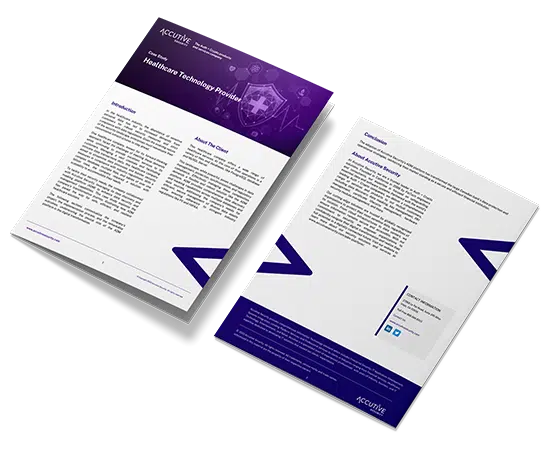The Australian Securities Investment Commission (ASIC) is an independent governing force controlling Australia’s financial services and markets. It was established in 2001 by the Australian Securities and Investments Commission Act and it has many roles, from managing data security to registering companies. All Australian companies must be cognizant of the ASIC, as it influences all aspects of business and has locations in each of the state capitals.
The ASIC aims to uphold truthfulness and reliability in financial services businesses. To this end, it is responsible for licensing and monitoring relevant businesses, including but not limited to
- Banks
- Finance brokers
- Credit unions
The regulations that the ASIC places on financial services businesses affects almost every other industry as well. In fact, the ASIC is also involved in advising the Australian government on the establishment of new laws and even creating new markets within the country’s financial system. Anyone conducting business in Australia, whether that means registering a company in Australia or taking a credit card payment from an Australian citizen, is likely to come across the ASIC.
To guarantee compliance with Australian security standards while operating in Australia, it is essential for US businesses, and particularly compliance officers, to be familiar with the ASIC. Failing to comply with regulations instituted by the ASIC can result in severe penalties, including criminal prosecution. The following is a list of the many duties of the ASIC:
- Maintaining and improving the performance of the financial system
- Instilling and upholding confidence within the financial system
- Developing procedural requirements (minimally) and then enforcing these requirements
- Assisting in the registration of companies and making relevant information publicly available
- Enforcing laws (in 2019, amendments made to the ASIC intensified civil and criminal punishments for failing to follow ASIC rules)
In recent years, the ASIC has expanded its role in protecting Australian consumers by further regulating data protection in Australia. As with other ASIC rules, failure to comply with standards set to protect the personal and financial data of Australian citizens can lead to major penalties, so it is essential for both foreign and domestic businesses to remain informed on ASIC standards.
Foreign businesses in particular must educate themselves on how to be compliant with ASIC regulations. Compliance standards vary between different countries and territories, so compliance officers must be prepared for all standards.
